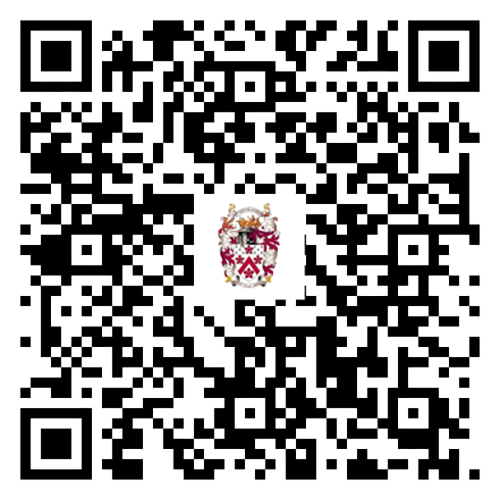How To Help Your Children Make the Most of Their Screen Time
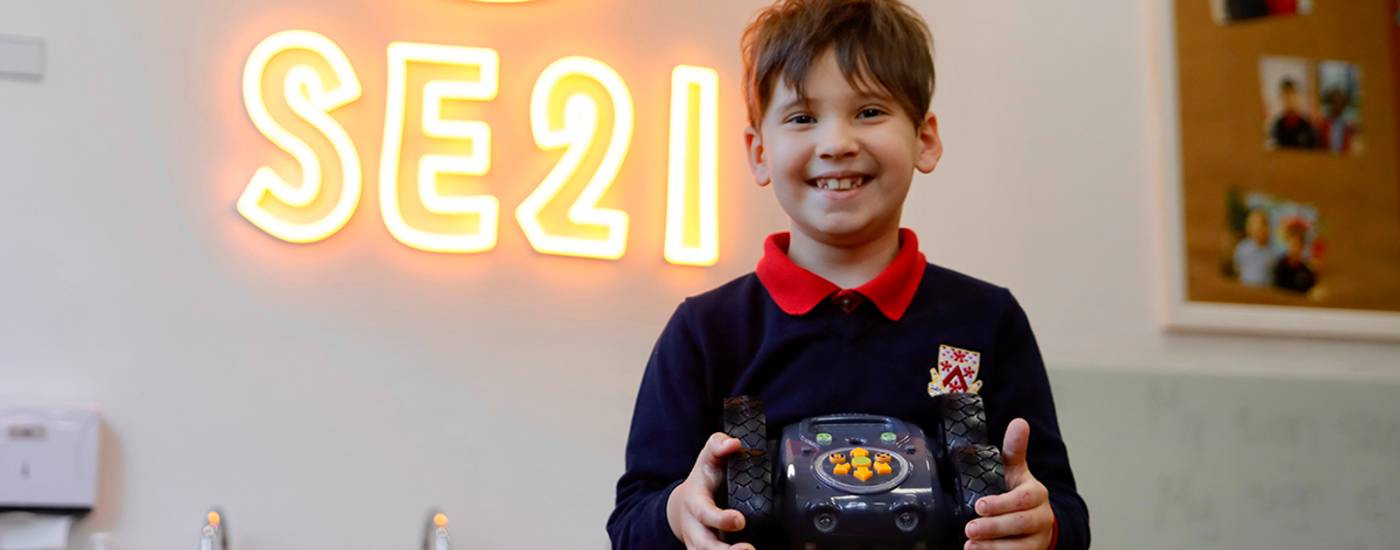
Maintaining a healthy relationship with technology is challenging at the best of times. It's even harder during an extended period of online learning like the one we are in now.
This is true for all families, but it can be even more intense for families with young children. The main battle line is almost always the same: screen time.
"Screen time is the number one concern of DUCKS parents," shares DUCKS EdTech Coach Dr. Ella Yankelevich. "But even though limiting screen time is important, it's also important to remember that not all digital experiences are equal."
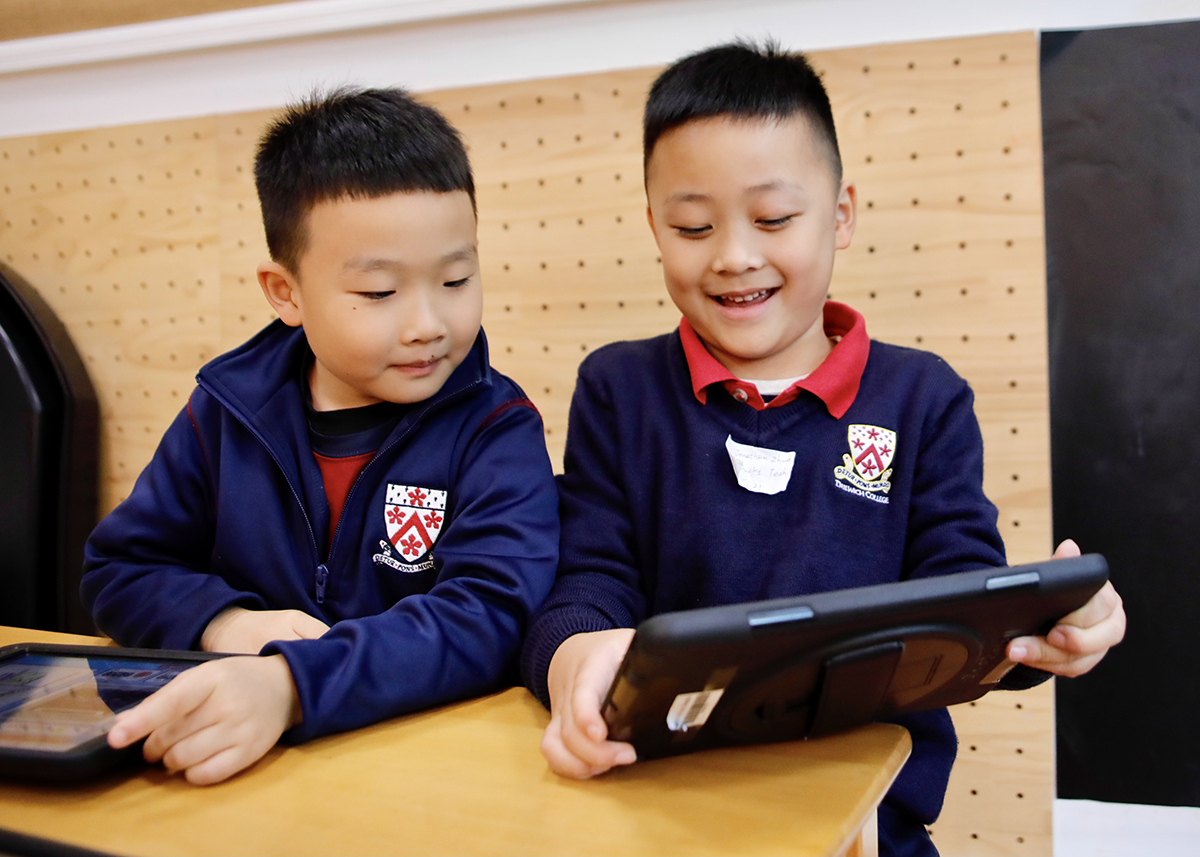
During the school year, Dr. Y delivered an E-safety Workshop for our DUCKS parents in which she explained that screen experiences can broadly be divided into four different categories:
- Passive consumption
- Interactive
- Content creation
- Communication
She emphasises that passive consumption is what parents ought to be keeping an eye on.This is where kids are watching but their brains are not being actively engaged.
Experts believe that too much passive consumption at a young age can delay language development and possibly even contribute to even more serious problems like depression.
Parents should instead prioritise interactive experiences such as games and education apps.
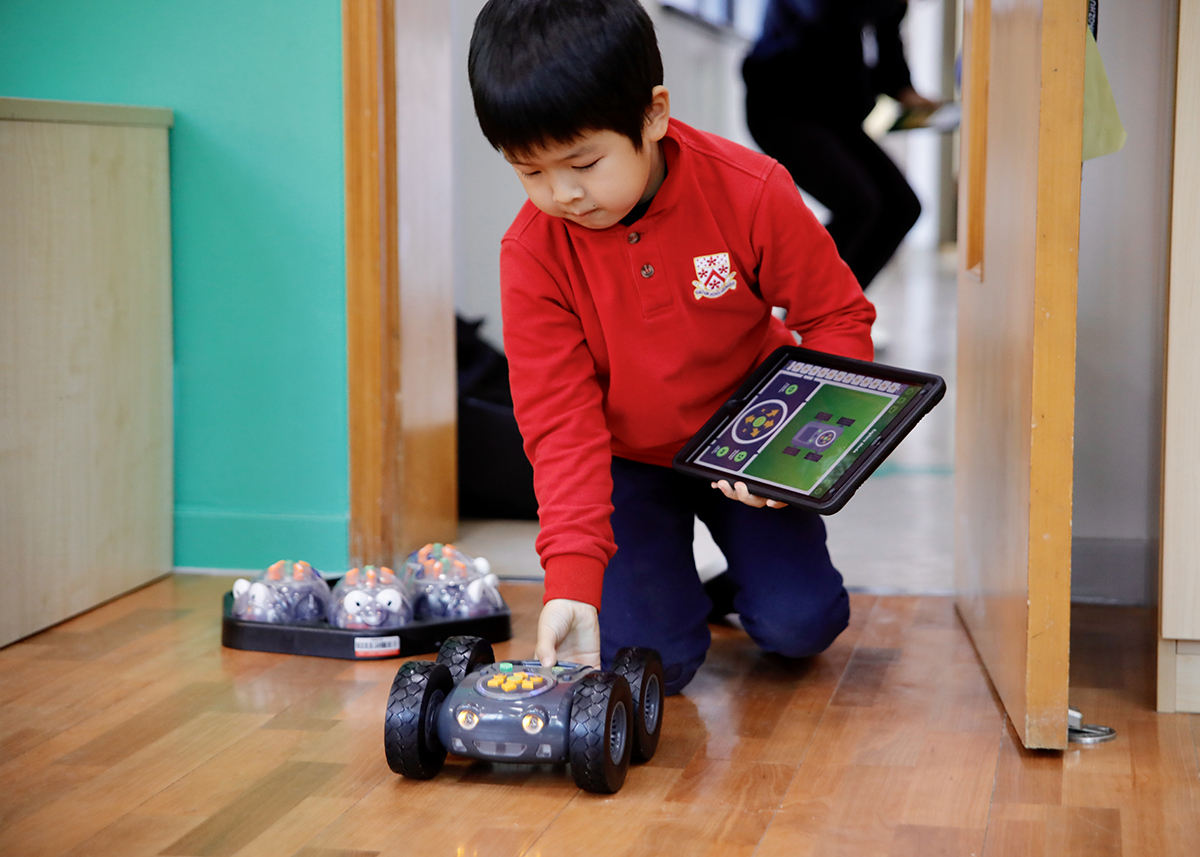
"Interactive digital experiences are anything where the child is actively engaged in answering questions, planning, solving puzzles, or moving things around," Dr. Y explains, "Minecraft and Roblox fall into this category, as do things like Khan Academy."
Then there is content creation where the child is challenged to create something novel or unique. Content creation experiences are open ended in nature, Dr. Y explains. Kids can make a book, for example, using Book Creator, on any topic that interests them.
Digital content creation also supports the development 21st century skills. Dr. Y gives an example:
"When children make their own puppet show, what does that involve? They have to learn about a topic. Then they have to write a script. Then they have to get a buddy. Then they have to pick their puppets. Then they have to record their voices and then they have to share it to their class. Does that take a lot of screen time? Yes. Is it absolutely valuable? Yes."
And then finally there is communication.
"When we talk about communication, what we really mean is peer to peer collaboration, not texting and calling," Dr. Y clarifies. "Digital communication plays a lesser role in DUCKS because we like to have all the collaboration and communication face to face, but it is still a valuable component of their digital lives."
Managing Content Access
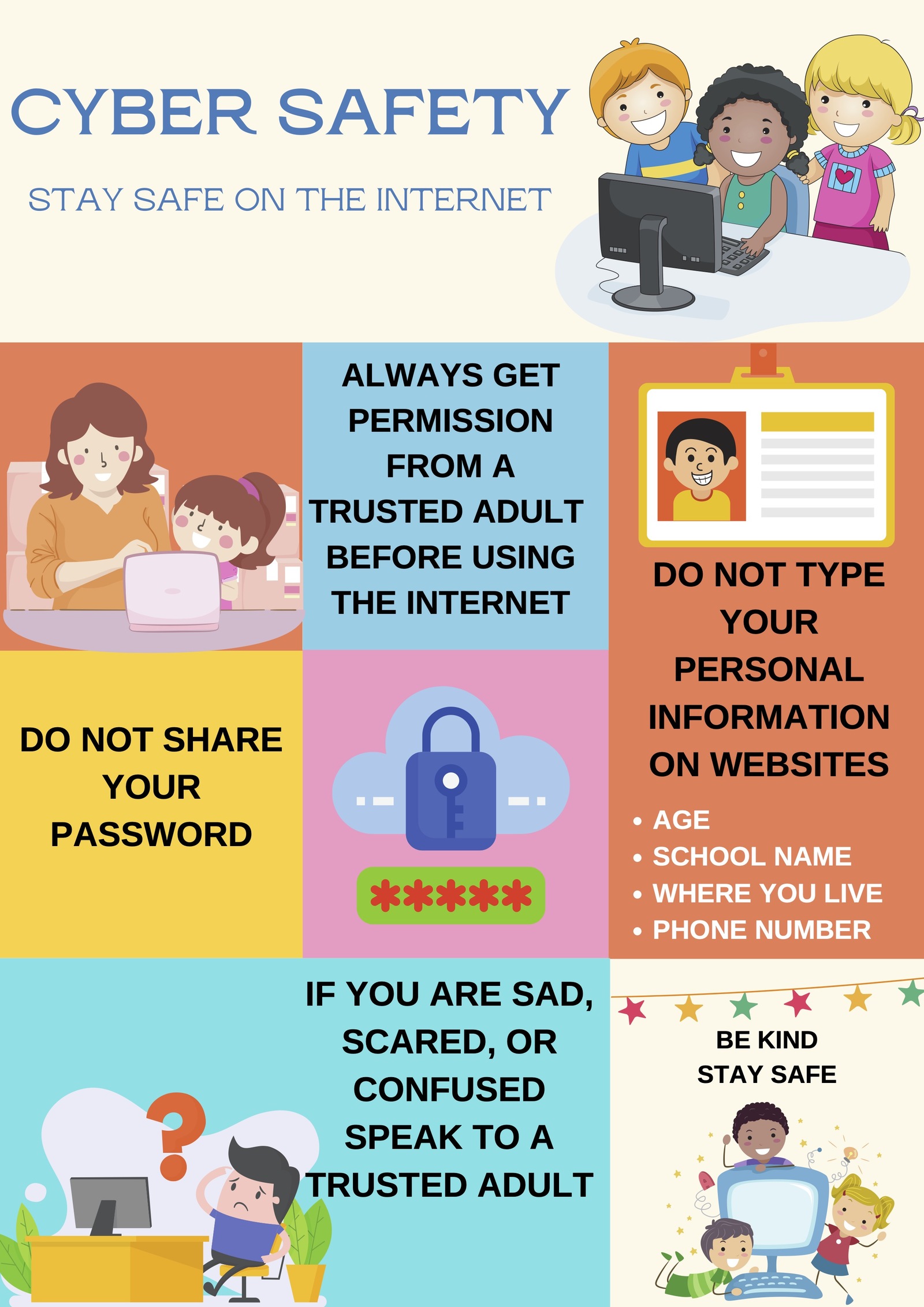
The other big issue for parents is content access. This is why the Youtube fallback can be problematic as the autoplay function and the recommendation engine can put all sorts of inappropriate content into a child's hands.
On a more granular level, parents should be aware that even within kid-friendly games and apps there are different levels of appropriateness. The very popular app Roblox, for example, has age settings which parents set through parent controls.
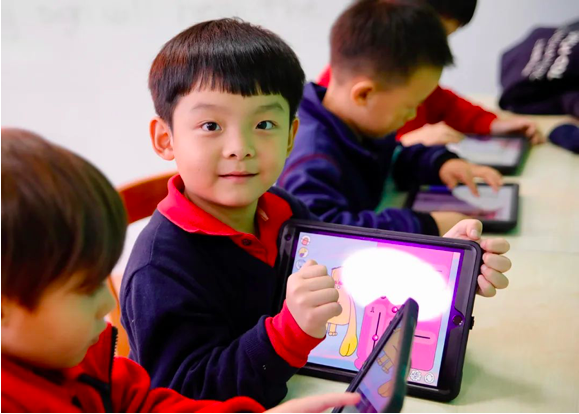
To manage content access, Dr. Y recommends parents download pre-selected movies and cartoons to an iPad or other tablet. And if you do opt for search-based platforms, then choose ones where your child will never get served a "recommended next video" and where you know the content has been created specifically for that platform. It's important to keep in mind that even with Youtube Kids, for example, the content has been uploaded by regular people.
"Too much of anything is not good," Dr Y concludes. "You wouldn't necessarily want your child playing football for five hours straight. Screen time is the same. In the end it’s about the quality of the time spent. Every child needs a balanced digital diet."
Digital Wellbeing at DUCKS
At DUCKS we have implemented a robust E-safety Programme to support children's digital wellbeing, the pillars of which are:
- E-safety curriculum
- Network security
- Encourage shared experiences with technology
- Supervised context with adult present
- National Online Safety modules for staff
In addition, DUCKS has this year implemented a Tech Ambassador programme where students and staff meet weekly to review new tech tools, learn tech tips, and discuss how they can best support their teachers and classmates with technology in the classroom.
They contribute to E-safety by engaging and evaluating new tools. Before we went into online learning, for example, the Tech Ambassadors explored a new robot and tested it out to see which year groups it would be appropriate for.
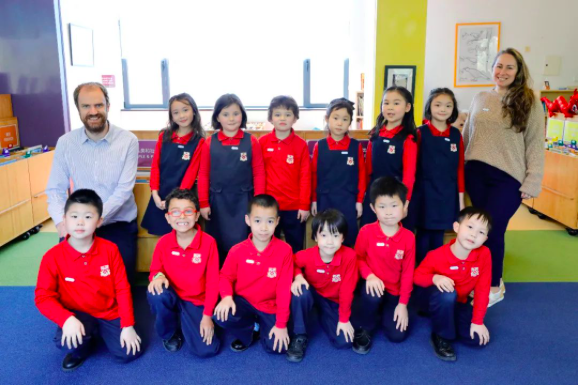
Digital Citizenship
Digital Citizenship is a new initiative that puts the focus on the students themselves, helping to make them more fully aware of their agency and responsibility.
In DUCKS we approach Digital Citizenship in a variety of ways. One simple way is where we talk to children about things like the right way to carry your iPad with two hands and if you drop it, what do you do?
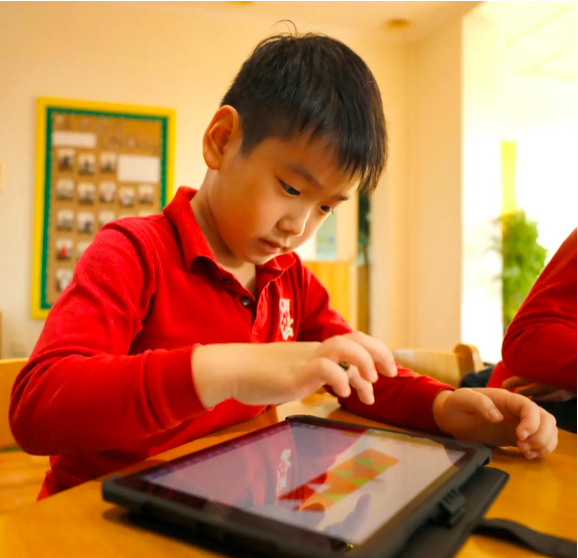
Digital Citizenship also involves introducing different aspects of the internet. For example when students first start going online for units on research, such as researching a plant's lifecycle, we introduce websites, explaining that this is a place you go, but it's not like a playground that you get to in your car.
Alongside that we introduce the rules that we have when we go online. This is very important because the children have no idea how the different elements and features of the internet can be used for both good and bad purposes. Dr. Y gives an example:
"This year I asked the students, if you encounter a pop-up on a website that says 'Hi Sammy, do you want to talk?' what do you do? Every hand that went up said that you answer. They had no concept that someone might be dishonest on the internet and pretend to be someone they are not. This is how we start that Digital Citizenship conversation."
The Family Contract
All this may seem a little distant to parents who are struggling at home in the daily battles over screen time.
As a practical measure to tackle this, Dr. Y recommends every family look into creating a Family Contract which lays out agreed rules for computer use at home. Similar to the Acceptable Use agreements our students sign at school, a Family Contract is created in conjunction with the child and is signed by parents and child. It is then posted on the fridge or the wall for everyone to see.
"A lot of the pushback parents receive comes out of the lack of control a child may feel," says Dr. Y. "Developing the contract together as a family helps the child begin to understand they have responsibility as well as some control in using a digital device in their home."










